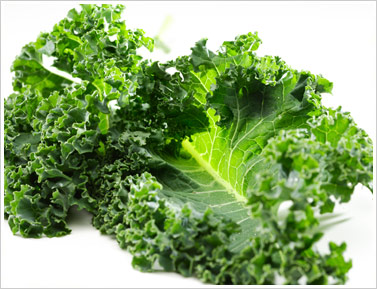Chew on this.
|
OK, it seems to be official: my yoga instructor, Nina Namaste, says she's eating nothing but kale these days, so, as I do in class when she's not looking, I'm not going to eat it.
But maybe you should.
Kale, also known as borecole, is one of the healthiest vegetables on the planet, WB MD says in an article entitled "The Truth About Kale," and lord knows it's time to get to the bottom of it.
A leafy green, kale is available in curly, ornamental, or dinosaur varieties. It belongs to the Brassica family that includes cruciferous vegetables such as cabbage, collards, broccoli, and Brussels sprouts.
Oh great. Broccoli and Brussels sprouts. So you live forever -- but in misery.
One cup of kale contains 36 calories, 5 grams of fiber, and 15% of the daily requirement of calcium and vitamin B6 (pyridoxine), 40% of magnesium, 180% of vitamin A, 200% of vitamin C, and 1,020% of vitamin K. It is also a good source of minerals copper, potassium, iron, manganese, and phosphorus.
Kale’s health benefits are primarily linked to the high concentration and excellent source of antioxidant vitamins A, C, and K -- and sulphur-containing phytonutrients.
Carotenoids and flavonoids are the specific types of antioxidants associated with many of the anti-cancer health benefits. Kale is also rich in the eye-health promoting lutein and zeaxanthin compounds.
Beyond antioxidants, the fiber content of cruciferous kale binds bile acids and helps lower blood cholesterol levels and reduce the risk of heart disease, especially when kale is cooked instead of raw.
But too much vitamin K can pose problems for some people, the article warns. There you go. Bacon cheese burgers don't do that.

No comments:
Post a Comment